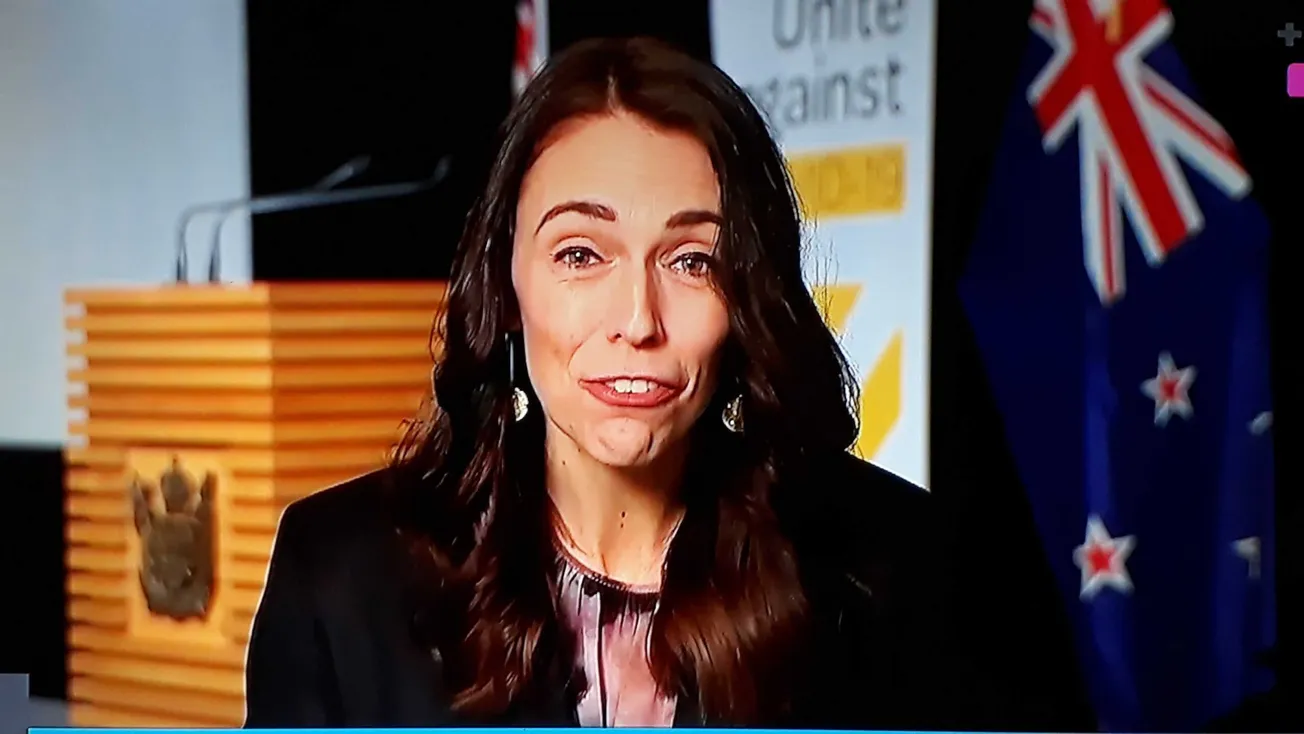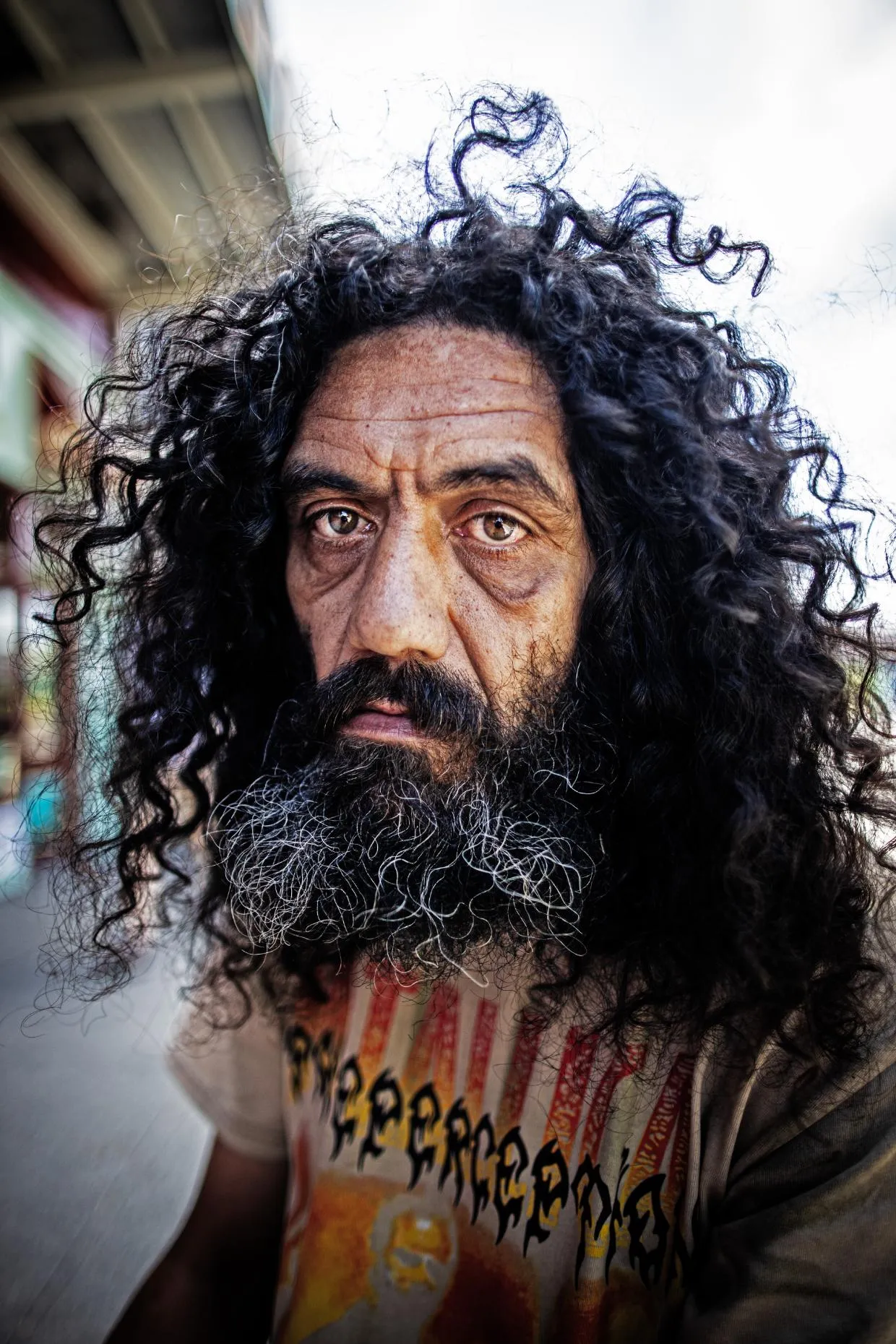Table of Contents
Remember when Jacinda Ardern wanted to make “happiness” the centrepiece of her achievements? First, there was the “wellbeing” budget, then “Gross National Happiness” — a measure, curiously, only elsewhere used in the Kingdom of Bhutan. More about that later.
So, how did New Zealanders’ happiness fare, under the benevolent iron fist of the Queen of Kindness?
The year before Ardern took office, New Zealand was 8th in the world, with a score of 7.314. Just ahead of Australia, on 7.284.
The latest World Happiness Report, which covers the Ardern Years of 2021-23, show that New Zealand has frowned its way down to 11th place (7.029). We Aussies have smiled our way ahead, taking 10th spot. Even as they’re fighting for their lives, Israelis are happier than both of us, in 4th place.
But, take comfort New Zealand, Jacindamania has at least left you feeling better than Costa Rica and Kuwait.
The 140 participating countries are ranked according to scores from self-assessed life evaluations completed by residents. Several factors related to subjective well-being also contribute to the score, including GDP per capita, social support, health, freedom, income, generosity and absence of corruption.
So… New Zealand under Ardern declined on all those measures?
But the big message in the report is just how dramatically the happiness of young people has been impacted in the last few years. When I called the disastrous Covid policies “the Tlaloc Option”, it seems I wasn’t far off.
Conducted since 2013, the 10th study is the first to separate answers by age group, which reveals a significant generational gap in happiness within NZ.
On average, NZ is the 11th happiest country but when results are filtered to people under 30 years old, we drop to 27th place.
However, Kiwis aged 60 years and older are the 6th happiest in the world.
Interestingly, this dynamic is the opposite of global and historical trends.
Still think all those lockdowns and school closures were worth it? Not to mention the media and education system inculcating a generation of kids with lying claims of imminent ecological doom.
However, it isn’t just NZ where youth appear less happy; Australia and North America also had the same results.
These countries, as well as Canada also differed from the rest of the world when it came to gender and happiness. Negative emotions were more frequent in females, especially for those under 30, despite having “the lowest levels of inequality” of the 140 countries.
What was it Camille Paglia said about Third-Wave feminism making women miserable?
Still, while maybe money can’t buy Kiwis happiness, you can always move to Australia, to put a smile on yer dials.
The difference in score between Australia and NZ is just 0.028 points (7.057 vs. 7.029), yet many Kiwis have been tempted across the ditch by money, not happiness.
One Kiwi couple moved to Australia in 2022 and were able to save so much money they could fund a full year of overseas travel.
By March this year, there has already been a net loss of 17,500 Kiwis to Australia. The Herald has reported that numbers are “running at historical highs”.
NZ Herald
Speaking of immigration, though: the elite obsession with “Big Australia” appears unlikely to make us any happier. The Top Ten happiest countries do not contain any of those with the largest populations. Of the Top Ten, only the Netherlands and Australia have populations over 15 million.
Finally, back to Bhutan. The kingdom which pioneered supposed “Gross National Happiness” was last seen languishing at 97th out of 155 countries.
This suggests that, maybe, the politicians who yammer the loudest about “happiness” are the most likely to inflict misery.









